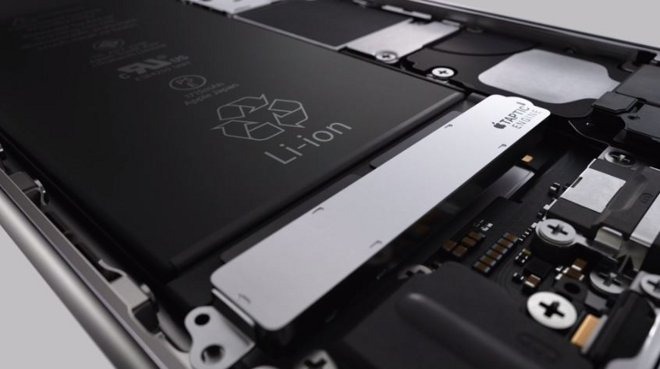New battery test results, published on Monday, appear to support Apple's claim of little difference in the longevity of an iPhone 6s with a Samsung-made A9 chip versus one manufactured by TSMC.

TSMC's chip performed marginally better in Wi-Fi browsing and GFXBench tests, but actually ranked a few points lower in WebGL scores, noted Ars Technica. For the site's comparisons, two SIM-less AT&T phones were used, each set to the same display brightness.
The TSMC model did do substantially better in Geekbench 3, leaping ahead of Samsung by 28 percent. Previously, Apple complained that Geekbench was "unrealistic" because it forces a phone to operate at peak CPU usage until its battery dies.
It's only under extremely CPU-intensive tasks that Samsung's A9 chip can become a detriment, Ars concluded.
Responding last week to various reports, Apple insisted that there should be no more than a 2 to 3 percent battery life gap between any two comparable 6s models. Some anecdotes hinted that the difference could be as much as two hours.
TSMC's version of the A9 is manufactured using a 16-nanometer FinFET process, whereas Samsung depends on a 14-nanometer technique. Smaller process sizes typically result in more efficient chips.


